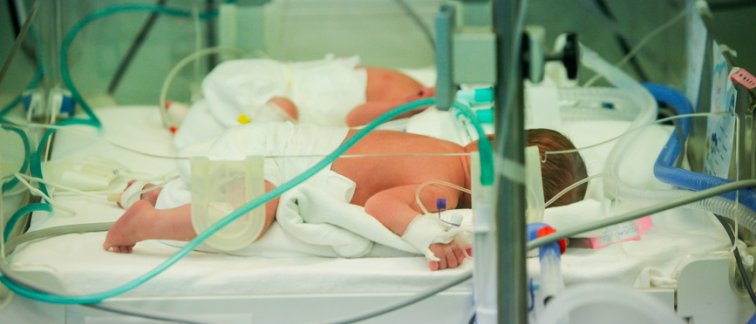Preterm birth is highly common with a prevalence of 11% of all neonates worldwide, of which 15.6% are born before 32 weeks of gestation. Short term survival has increased considerably during the last decades, due to several major advances in neonatal care. Surviving preterms, however, face a sevenfold increased risk of impaired motor development and an average IQ reduction of 1 point per missed week of gestation.
Due to large variability in outcomes, individual prediction is very hard and inaccurate. Previous attempts to develop prediction models using conventional statistics came to no usable, accurate results. However, the high prevalence of preterm birth and the large amount of data gathered during the neonatal period makes this population very suitable to be subjected to machine learning algorithms, which can reveal complex, non-linear relationships, and have already proven its use in some other areas of healthcare.
In this study, prediction models will be developed using machine learning techniques in infants born preterm (<30 weeks of gestation) or dysmature (<1500 grams, birth weight <10th percentile). Outcome measures will include cognitive and motor outcomes (at ages 2, 5 and 8 years). Predictors for the obtained outcomes will be derived from the data gathered during hospital admission and the outpatient visits and will include measures such as vital, laboratory, and imaging parameters.
This study aims at providing models on individual outcome of preterm infants, giving way to personalized care and treatment. Besides that, these modern statistical techniques might uncovered yet unknown factors predictive of long-term outcome and might thereby lead to new innovations in future neonatal care.


